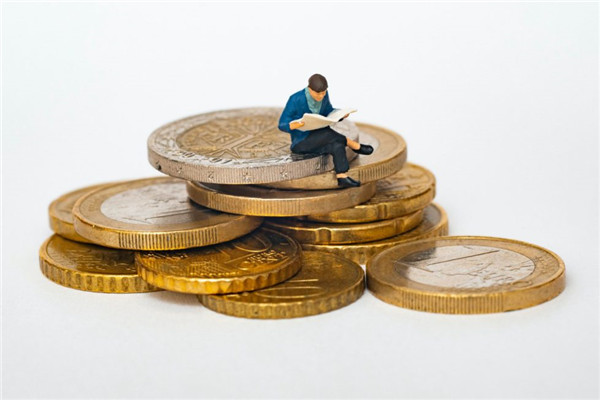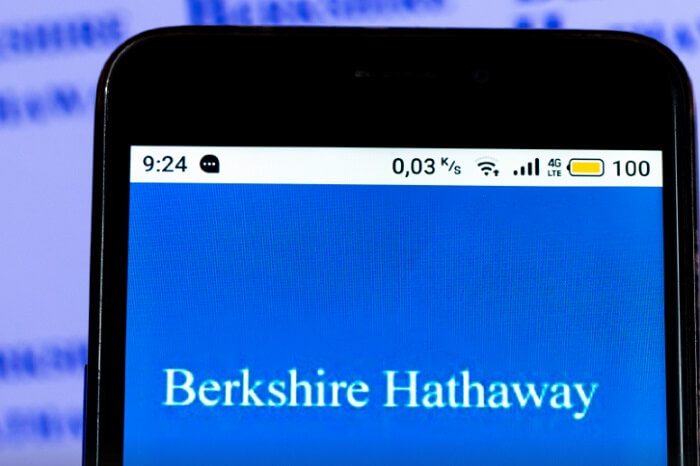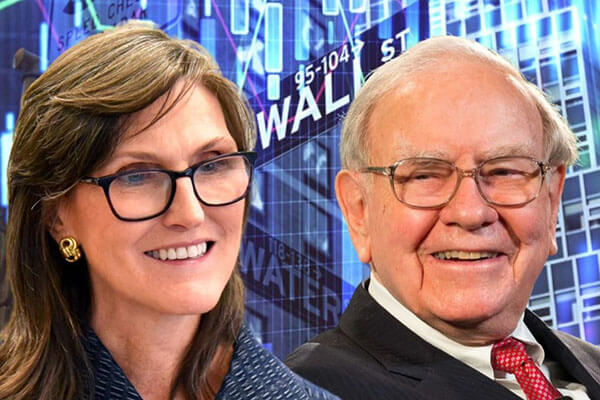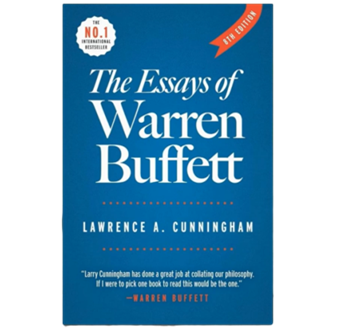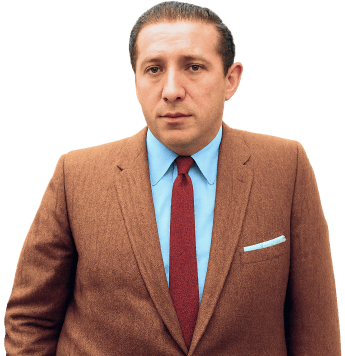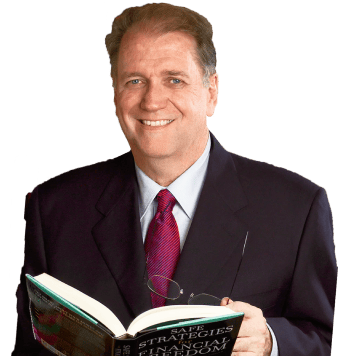
The Man Behind the Billions
To most of the world, Warren Edward Buffett is the face of wise wealth. He's the mild-mannered billionaire from Omaha, Nebraska, who built one of the world's most successful conglomerates and whose fortune has, at various points, rivalled those of tech titans—without ever writing a line of code.
Yet behind the headlines and the wealth rankings is a man who still lives in the house he bought in 1958 for $31.500. starts his day with a McDonald's breakfast depending on the market's mood, and prefers reading annual reports over mingling at Wall Street galas.
Buffett isn't just an investor—he's a walking testament to the power of long-term thinking, clarity of purpose, and relentless discipline.
From Newspaper Routes to Wall Street Roots
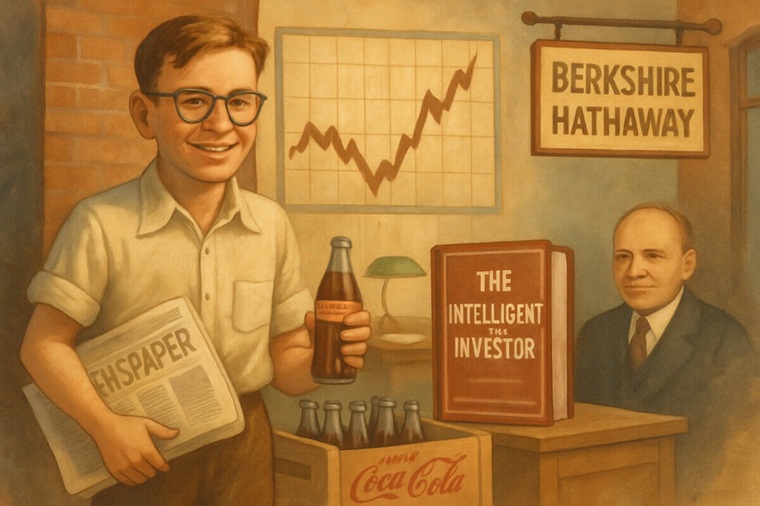
Buffett's fascination with money and business began before he hit double digits. Born in 1930. the son of a stockbroker-turned-Congressman, Warren grew up during the Great Depression. As a child, he devoured books like One Thousand Ways to Make $1.000 and began applying the lessons almost immediately. He sold chewing gum, Coke bottles, and magazines door-to-door. By 11. he was buying stocks—specifically, three shares of Cities Service Preferred at $38 a share.
Buffett still recalls how the stock dipped to $27 before climbing to $40. at which point he sold, only to watch it soar far higher. The early experience taught him two things: the pain of selling too early, and the importance of patience.
After high school, Buffett was rejected by Harvard Business School. Undeterred, he enrolled at Columbia Business School, where he studied under Benjamin Graham—author of The Intelligent Investor and father of value investing. Graham's philosophy—buy stocks trading below their intrinsic value—became Buffett's north star.
Buffett returned to Omaha and launched Buffett Partnership Ltd. in the 1950s, pooling money from friends and family. He grew those funds aggressively by identifying undervalued companies, applying Graham's principles with his own flair. By 1965. Buffett used the profits to take control of a failing textile firm called Berkshire Hathaway. It would become the vehicle through which he made investment history.
Think Simple, Stay Patient: How Buffett Invests
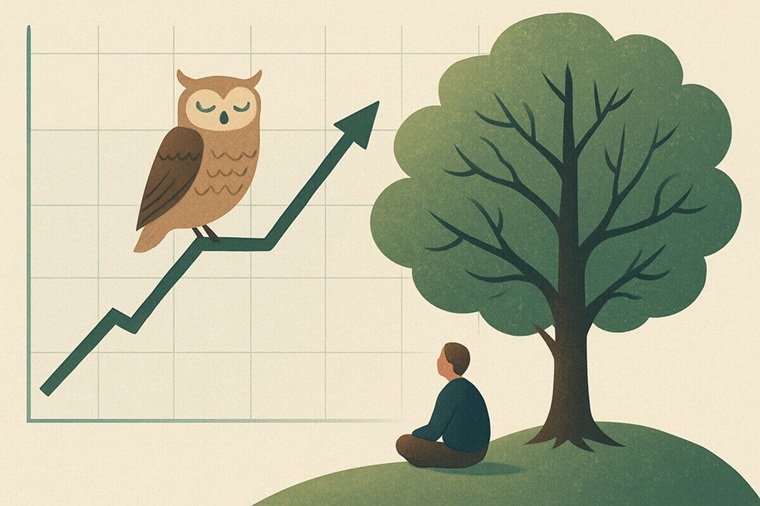
Buffett's style is deceptively simple: buy businesses with strong fundamentals, honest management, and predictable earnings—then hold them. What sets him apart is the discipline not to veer from this approach.
His investment philosophy could be summarised in a handful of rules:
Never invest in something you don't understand.
Don't follow the crowd.
Always leave a margin of safety.
Think long-term—even very long-term.
Unlike many in the world of high finance, Buffett is not interested in short-term speculation, complicated derivatives, or frequent trading. He believes most investors would do far better by buying a few great companies and holding them for decades.
For Buffett, the stock market is not a casino; it's a mechanism for transferring money from the impatient to the patient. His famous line—"Our favourite holding period is forever"—is not a joke. It's a philosophy.
He also famously avoids tech investments he doesn't understand. For decades, he stayed away from technology stocks, only making a significant move into Apple in the 2010s—by then, it had become more of a consumer brand than a tech enigma. That single move turned into one of Berkshire's most profitable positions.
Turning Ideas into Empires
Buffett didn't just pick winning stocks—he built empires. His strategy gradually evolved from picking undervalued stocks to buying entire companies. GEICO, the insurance company he once admired as a teenager, eventually became a wholly owned Berkshire subsidiary. He purchased See's Candies, BNSF Railway, Dairy Queen, and dozens of others.
Berkshire Hathaway is no longer just a stock-holding entity. It's a conglomerate that owns businesses across railroads, energy, insurance, retail, and manufacturing. Its structure is unique: decentralized, light on bureaucracy, and fiercely loyal to Buffett's ethos.
He's also built an investment portfolio with stakes in some of the world's biggest brands—Coca-Cola, American Express, Kraft Heinz, and more. His long-term bets often defied market sentiment but proved brilliant over time.
Even his decision to hold record levels of cash—now often above $150 billion—reflects Buffett's discipline. If he can't find a good deal, he'd rather wait than settle. This cash cushion also provides flexibility to move quickly when others are fearful.
The Coca-Cola Bet That Sparkled for Decades
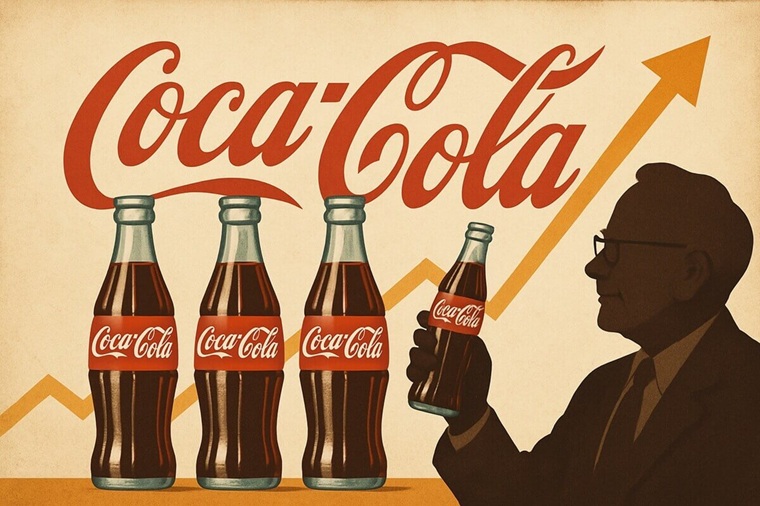
In 1988. Buffett began buying Coca-Cola shares during a period when the company was undervalued after the market crash of 1987. He eventually acquired over 6% of the company for $1.3 billion—a stake that would pay off spectacularly.
Why Coke? Buffett believed in its brand power, its simple business model, and its global reach. He understood that people would drink Coke for decades. He once said, "If you gave me $100 billion and said take away the soft drink leadership of Coca-Cola, I'd give it back to you and say it can't be done."
The investment wasn't just about money—it was a textbook case of how Buffett blends common sense with foresight. Decades later, Coke is still a staple in Berkshire's portfolio and a symbol of Buffett's philosophy in action.
Lessons in One-Liners
Buffett's wisdom is as memorable as it is practical. He doesn't speak like a Wall Street economist—he speaks like your smart uncle who figured out life. His quotes have become mantras for investors across the globe:
“Rule No. 1: Never lose money. Rule No. 2: Never forget Rule No. 1.”
“Price is what you pay. Value is what you get.”
“Be fearful when others are greedy, and greedy when others are fearful.”
“You only find out who is swimming naked when the tide goes out.”
“It's far better to buy a wonderful company at a fair price than a fair company at a wonderful price.”
His words resonate because they're rooted in decades of consistency. Unlike passing trends, Buffett's principles haven't changed with the times—they've outlasted them.
Closing Thoughts: The Man Who Waited Well
As of 2025. Warren Buffett is 94 years old. He still spends most of his day reading—annual reports, newspapers, and company filings. He rarely reacts to headlines and almost never gives in to hype.
What he's built isn't just a portfolio or a company—it's a philosophy. Buffett has shown the world that you don't need speed, secrecy, or sophistication to become wealthy. You need clarity, courage, and the ability to wait.
In a financial world obsessed with algorithms, momentum, and speed, Buffett remains a quiet icon of restraint and reason. His life's work is a reminder that the most powerful edge in investing isn't timing the market—it's time in the market.
Disclaimer: This material is for general information purposes only and is not intended as (and should not be considered to be) financial, investment or other advice on which reliance should be placed. No opinion given in the material constitutes a recommendation by EBC or the author that any particular investment, security, transaction or investment strategy is suitable for any specific person.








